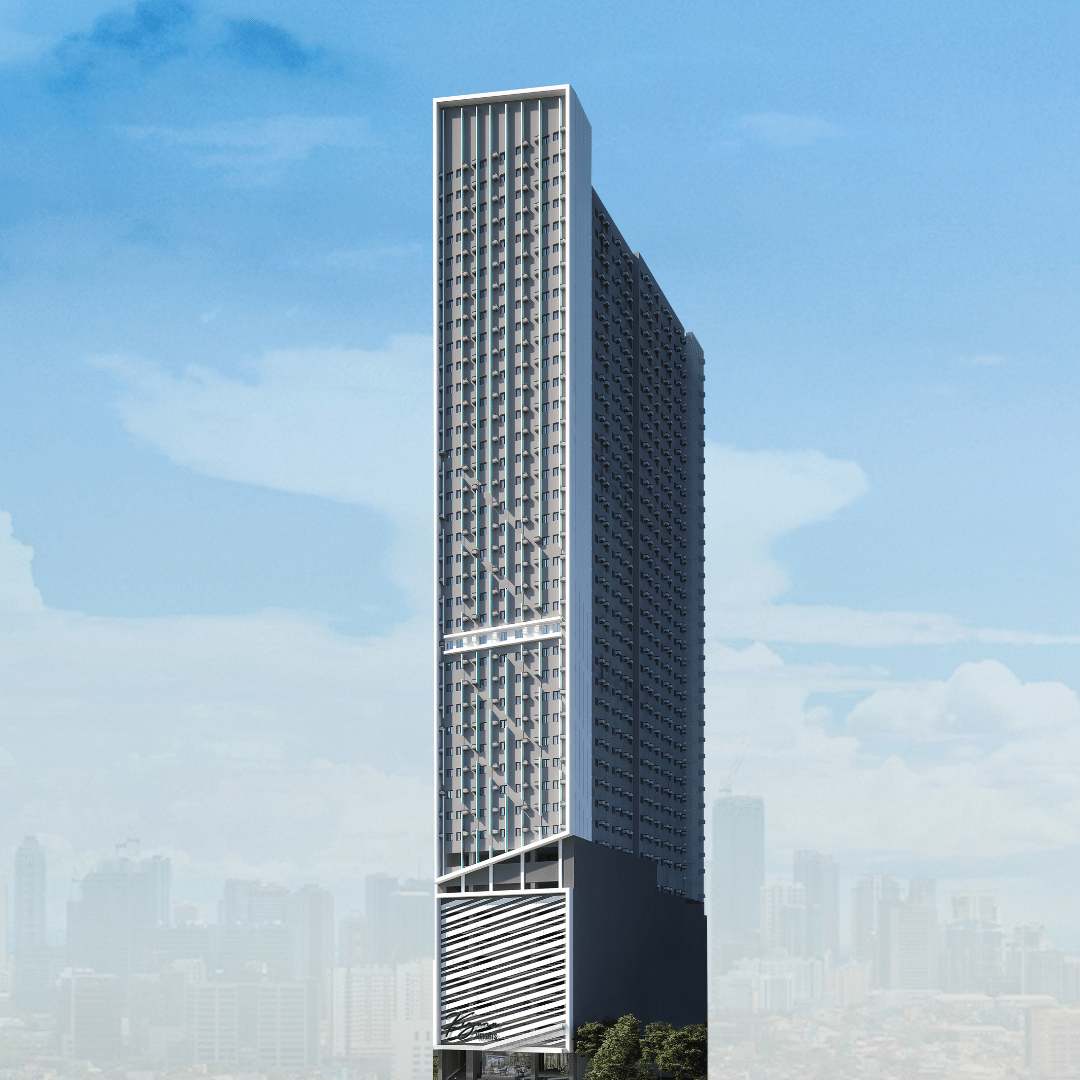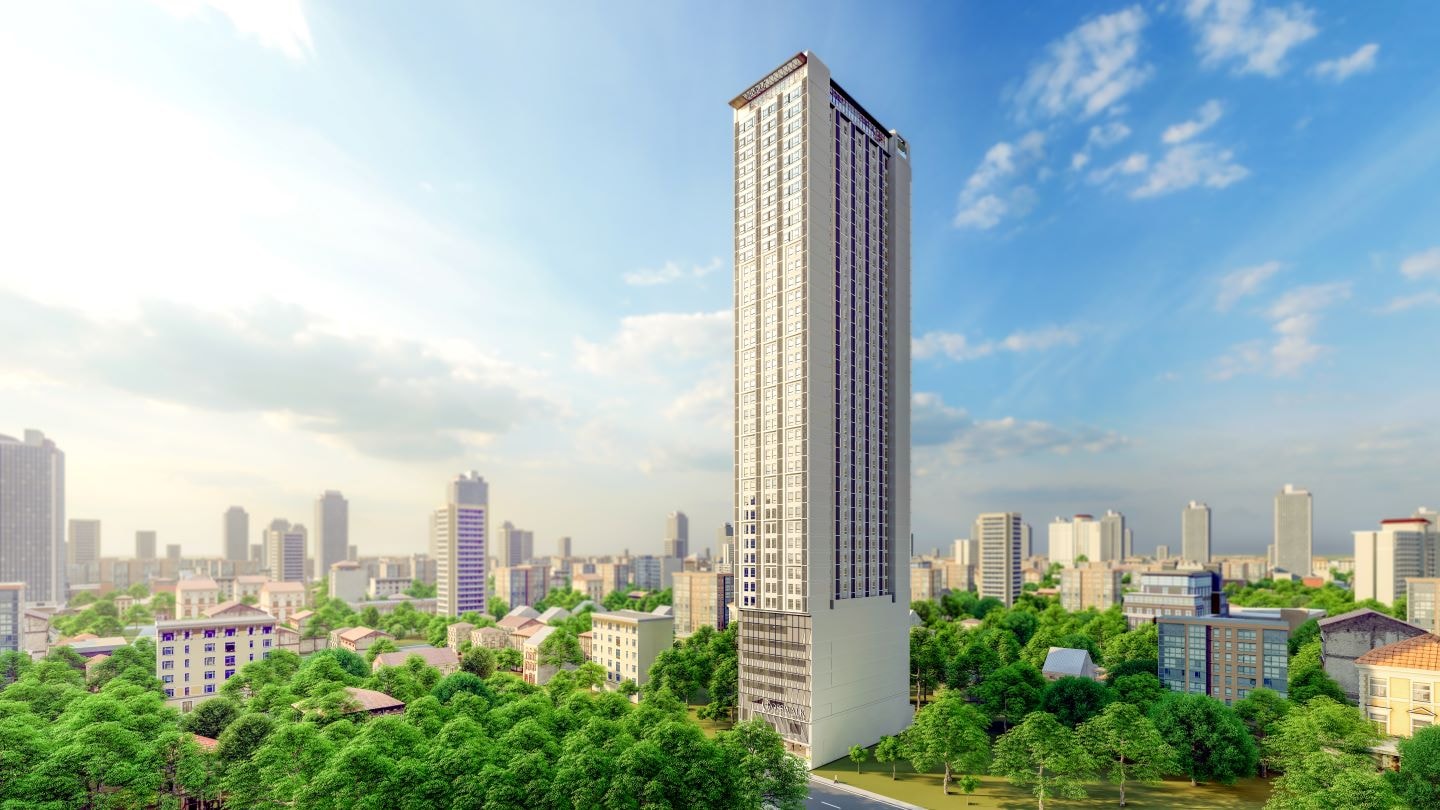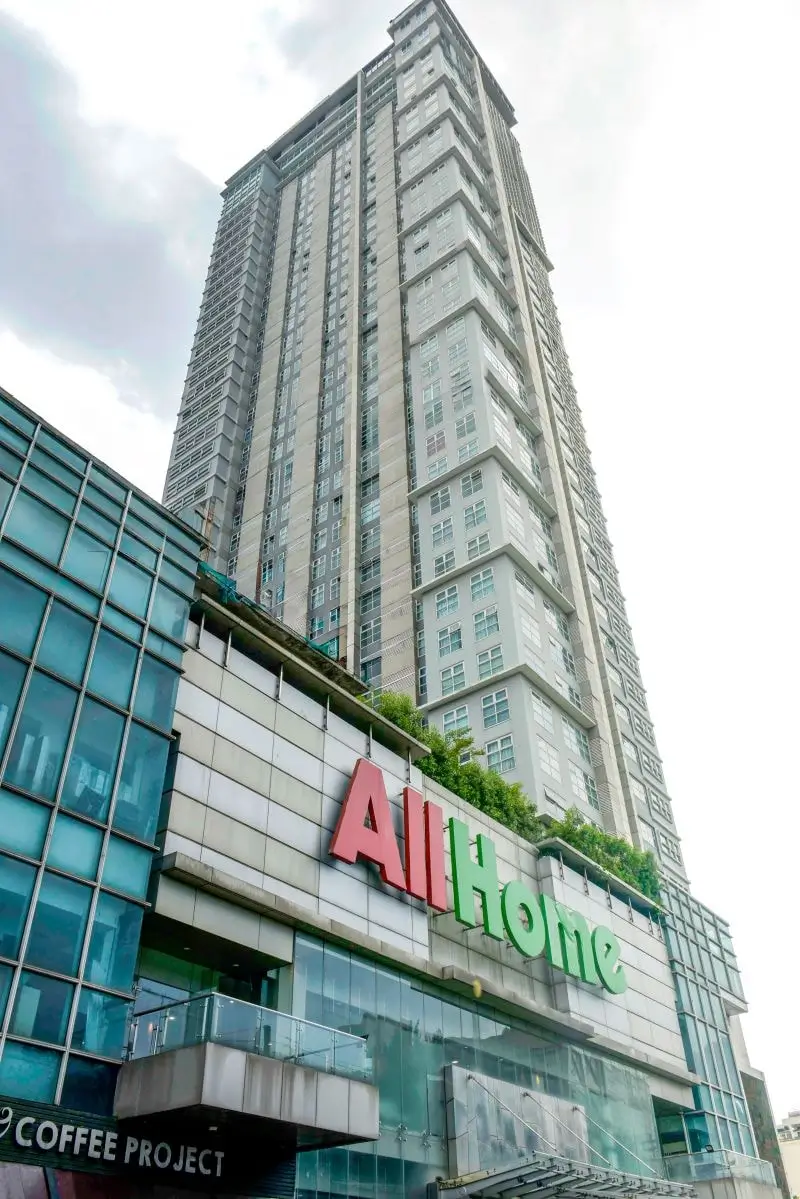Taking that role to become an adult can pose many adjustments and responsibilities. Whether you are a student who is looking for a place to stay or a young working adult who is recently trying to settle in and find your way around in the metro. Avoid huge mistakes and bad surprises before leasing your very first condo or apartment. Ask the property manager these critical renters' questions. The feedback you get will help you decide if the living conditions and the community is a good fit for you, and the answers will also affect your quality of life, should you sign a lease and move in.
What’s the rental scheme?
One among the many options for today's renters, ranges from rent to own condo units and apartments, to short-term and long-term leasing schemes. Regardless of the option, you will be taking, here are some important details you need to know about these rental schemes.
Rent to Own Condo/Apartment
A rent-to-own agreement is a deal in which you commit to renting a property for a specific period, with the option of buying it before the lease runs out. Lease-option contracts give you the right to buy the home when the lease expires, while lease-purchase contracts require you to buy it. You pay rent throughout the lease, and in some cases, a percentage of the payment is applied to the purchase price. With some rent-to-own contracts, you may have to maintain the property and pay for repairs.
Short Term Lease
It is a lease with a duration of fewer than six months. Often, they are based on a month-to-month rental agreement, which may or may not is renewed at the end of each month. Most of the condo designs or apartment set-ups these days are also called ready for occupancy units and made just to accommodate interim renting, which may include the unit to be fully furnished with amenities included.
Long Term Lease
It is a rental agreement with a duration of 12 months or more. Typically, a long-term lease is considered a year-long agreement, but there are 13-month, 15-month, and longer lease lengths. Usually, properties that are set for long-term leasing are left bare or not fully furnished to provide the lessee the freedom to modify the unit or the property. Most of these spaces will come in their shell condition upon turn over to the lessee.
What amenities and utilities are included in the rent?
Ask if your cable, internet, water, electric, gas, or trash service is included in your association dues. Some of these will be included, but best to check which entries will be covered. If internet speed and quality are important to you, don't sign a lease without speaking to other residents about their experience. Find out which cable provider offers service there. Check the bars on your phone before you sign a lease; are you in a solid service area? If you work nights and like to work out at midnight, ask about the gym's hours. It's also a great idea to visit the gym and see if the equipment measures up to your standards. Other amenities worth checking are the swimming pools, common areas, study areas, lounges, sky gardens, and parking spaces among others.
Are there roommate restrictions?
How many people can live with you? How long could your out-of-work cousin, friend, or workmate hang out if he’s not on the lease? Does the number of residents have any relation to the number of bedrooms? Even if you’re planning on living alone, you might discover that neighboring units/apartments are being overloaded without oversight.
What are the security measures in place and if there was a history of crimes?
Are there security cameras and equipment, security guards, and an appropriately trained response team should there be an emergency? You need to know what security infrastructure is in place to dissuade or solve a crime. How far away are the fire department, the hospital, and the police station? Be smart by finding out what crimes have happened onsite or in the complex, or in the nearby neighborhood, in the past year or two. This is a question for local law enforcement officials, but you can research on your own. Make sure you're leaning toward a safe location or choose a different community based on the numbers or types of crimes that turn up in your research.
How close is the nearest public transportation and what are the commuting systems?
If you plan to live in the central business districts like a condo in Makati, Ortigas, Quezon City, BGC, or Taguig, it is best to know your transportation routes. Traffic is one of the big problems from living in these highly dense and populated areas, so getting acquainted with the light rail systems and bus stops as well as commuting routes is a very effective way of making your travel efficient.
What insurance does the property carry, and what will I need to carry?
Your condo unit/apartment should be adequately insured for fire, earthquake, flood, or other natural disasters. You can ask for a copy of a document from the lessor to have your grounds covered. Even if they don't show or give it to you, their response will be telling. Note that the condominiums will very likely insist that tenants carry renters' insurance, which will add to your monthly cost.
What's the noise level like?
If you are a light sleeper, you might want to consider this aspect seriously as it may have a long-lasting impact on your overall experience and peace of mind in the long run, before renting a place. Quietness, security, and privacy are three fundamental rights and aspects to consider when you plan on moving in. Here are the questions you should be asking from your agent when you are doing a site visit: Do the upper-floor apartments have carpet or flooring? Will I hear a lot of noise living below an occupied unit when its residents are home? If you're noise-sensitive, you probably won't like living below hard-surface flooring. Residents walking across upstairs rooms can be incredibly noisy, day and night, if they're wearing shoes. If you plan on condo sharing, does your roommate snore? Does he drink or smoke a lot? - This checklist should be out there when you are making your decisions.
So there you have it. We hope that this read helped clear your mind and provided you with some useful tips in looking for a new place to live. After all, it’s going to be your home for quite some time, so invest wisely.
If you are looking for a perfect condo for you, Vista Residences got you covered!
Vista Residences is the condominium arm of the country’s largest homebuilder, Vista Land & Lifescapes, Inc. that offers ready for occupancy and pre-selling condominium projects in Manila, Makati, Mandaluyong, Quezon City, Ortigas, Baguio, Cebu, and CDO that are strategically located within major cities, in close proximity to premium universities, transit oriented locations and developed business districts.
At Vista Residences, unit owners can take advantage of the property’s centrality. The properties of Vista Residences are strategically located near the country’s premium universities and CBDs, making them an attractive investment for both local and foreign investors.
Living in Vista Residences enables you to enjoy convenience, where everything is pretty much within walking distance or a few minutes away from the property; comfort because the project features and amenities are designed to deliver comfort at all times, which makes condo living a worthy investment; security that is 24/7 and CCTV monitoring, which makes the residents safe and secure within the property.
In line with Vista Residences’ thrust to offer convenience among its residents, it also features an AllDay Convenience Store and Coffee Project in all its projects.
For more information on Vista Residences, email [email protected], follow @VistaResidencesOfficial on Facebook, Twitter, Instagram, and YouTube, or call the Marketing Office at 0999 886 4262 / 0917 582 5167.










